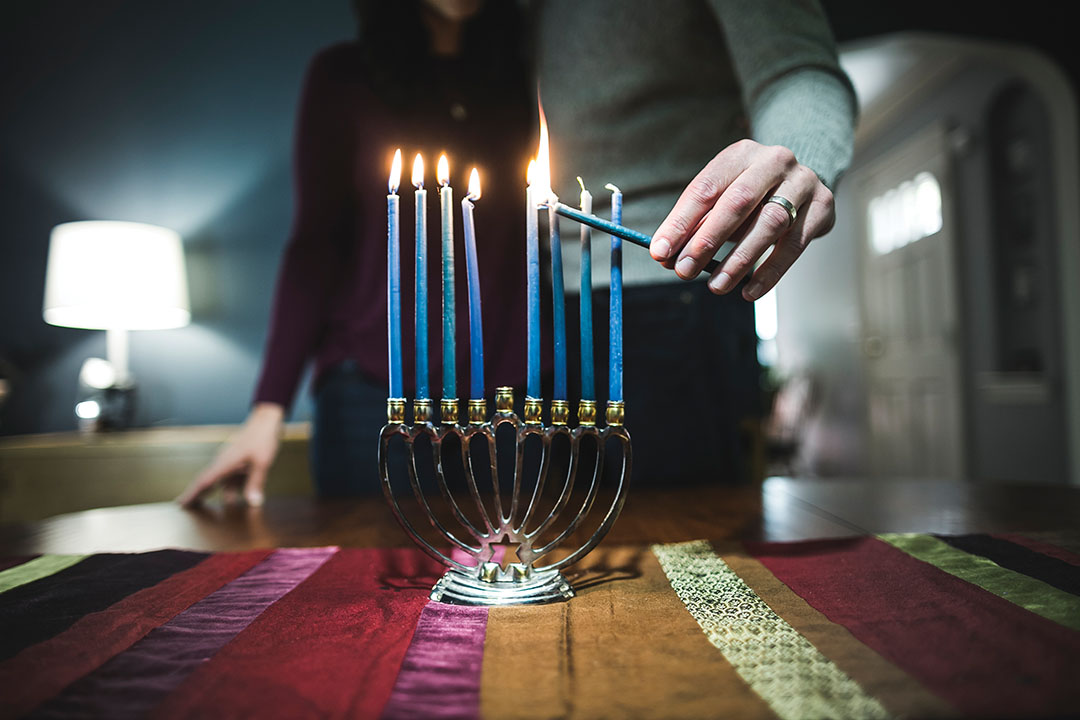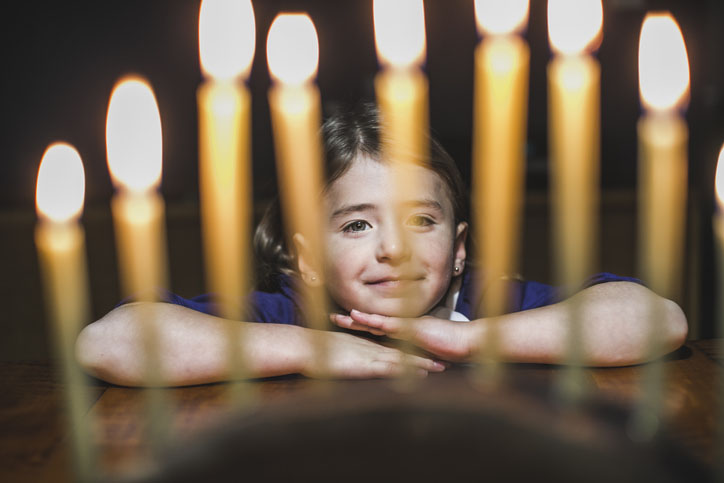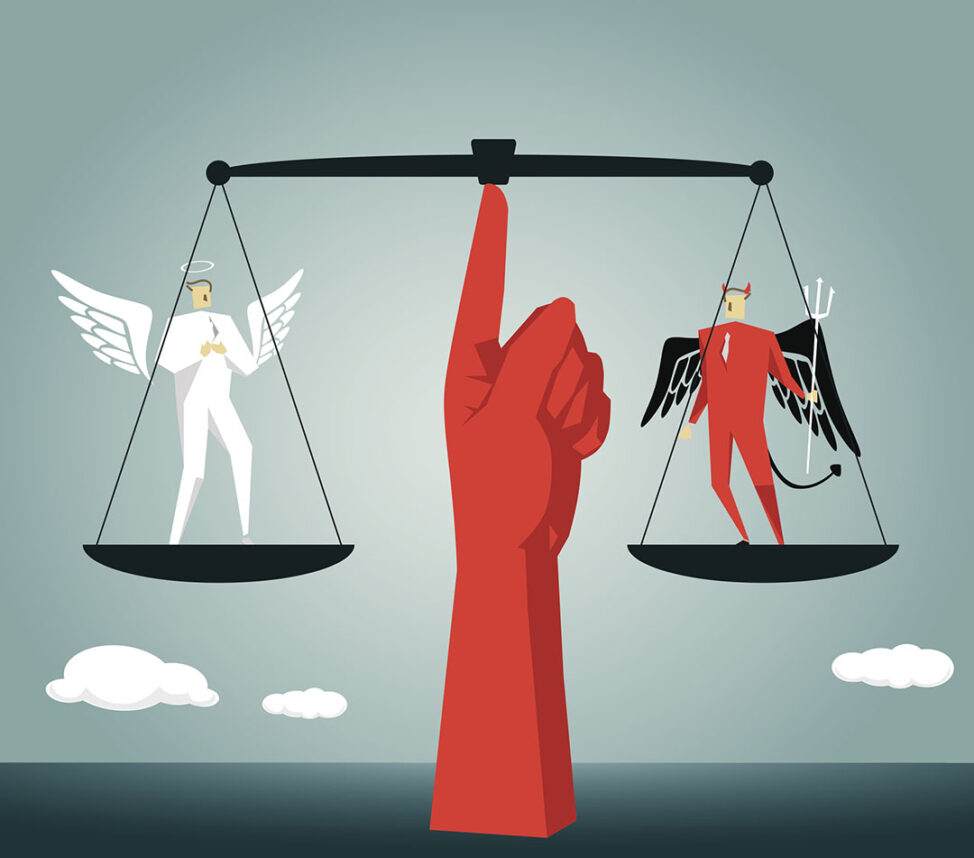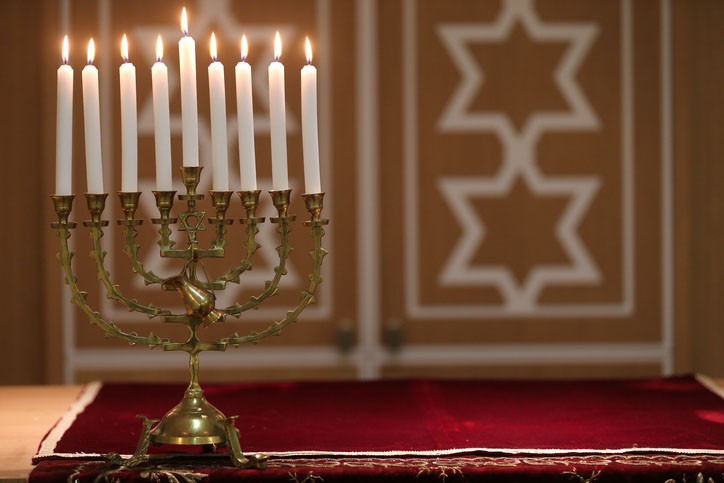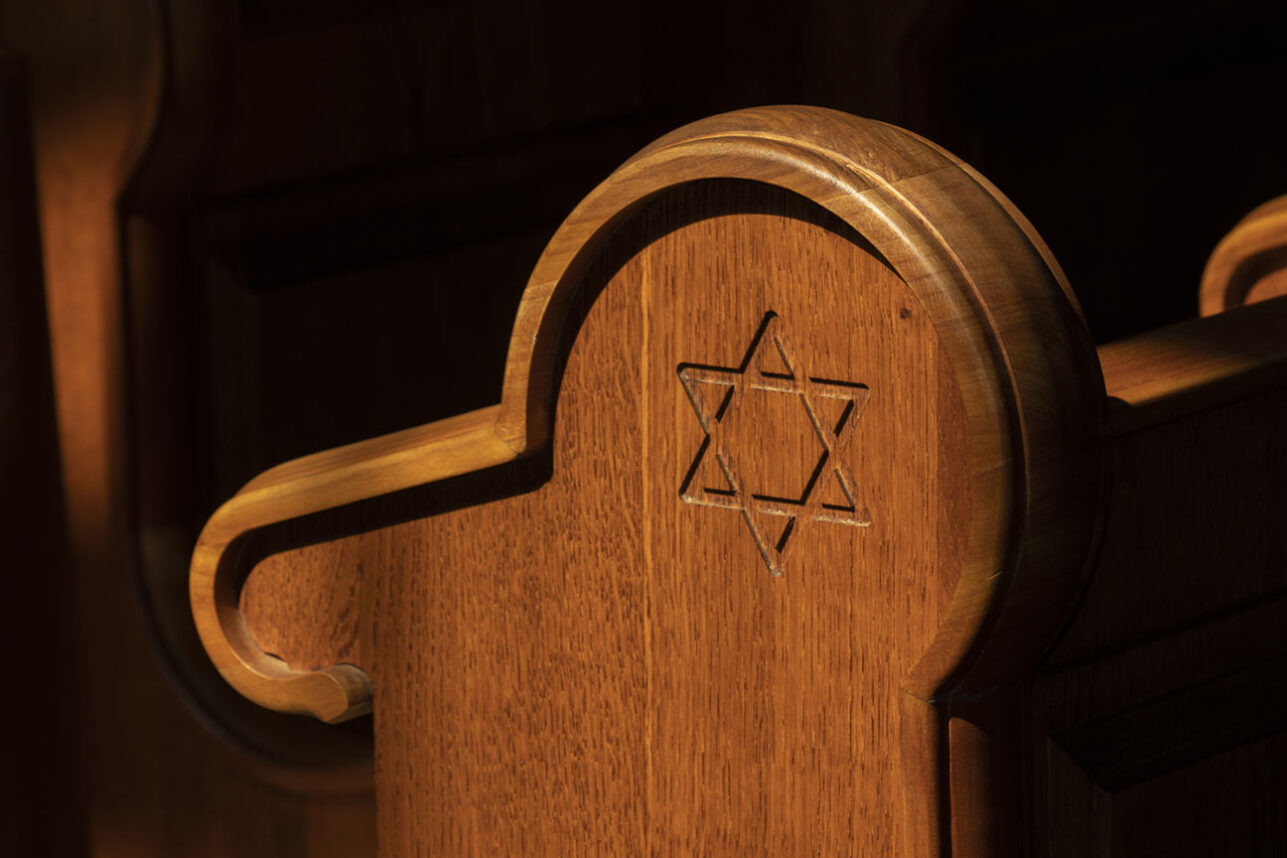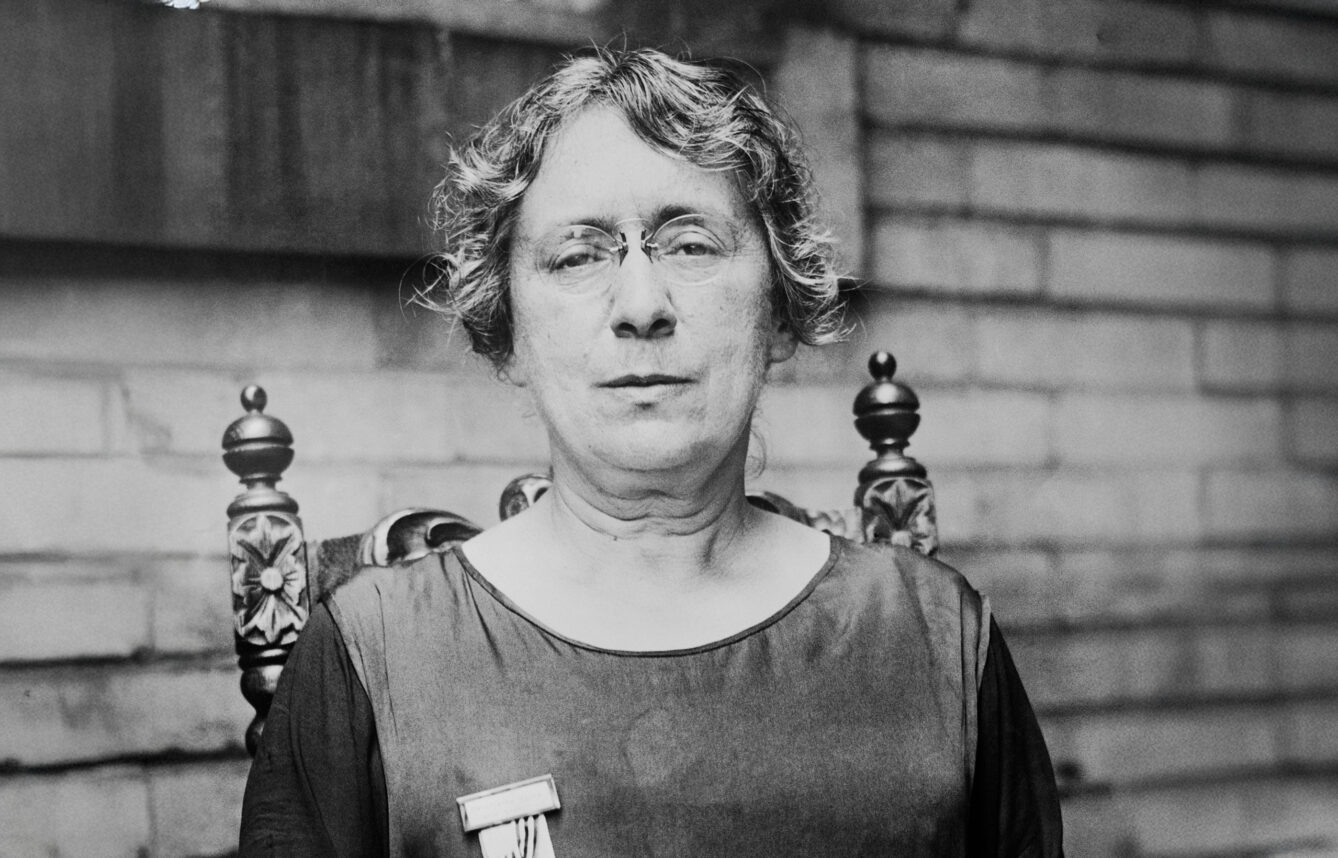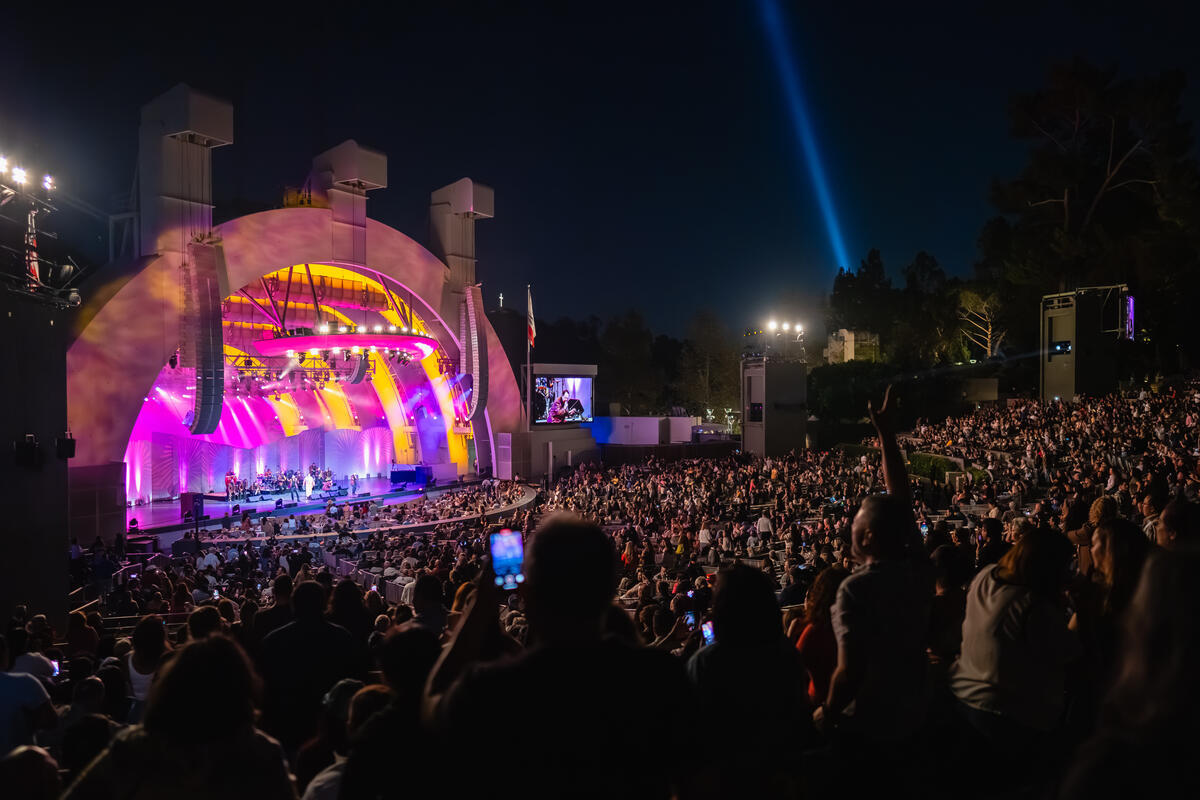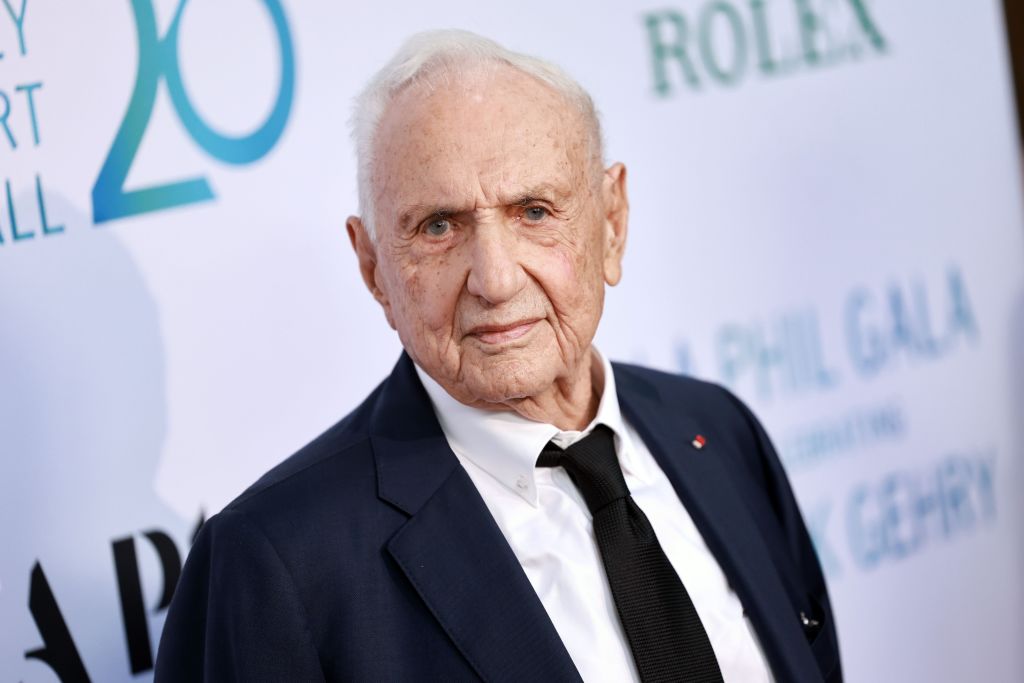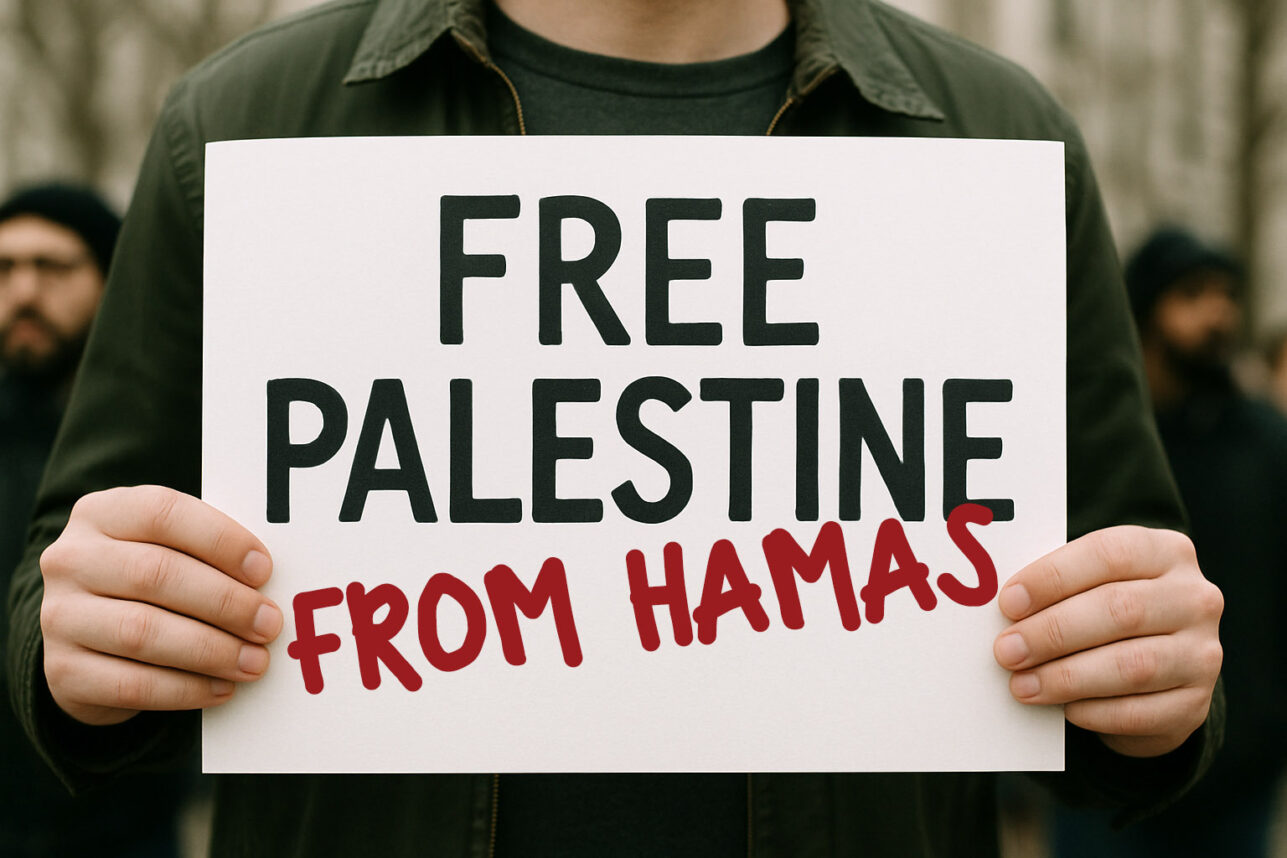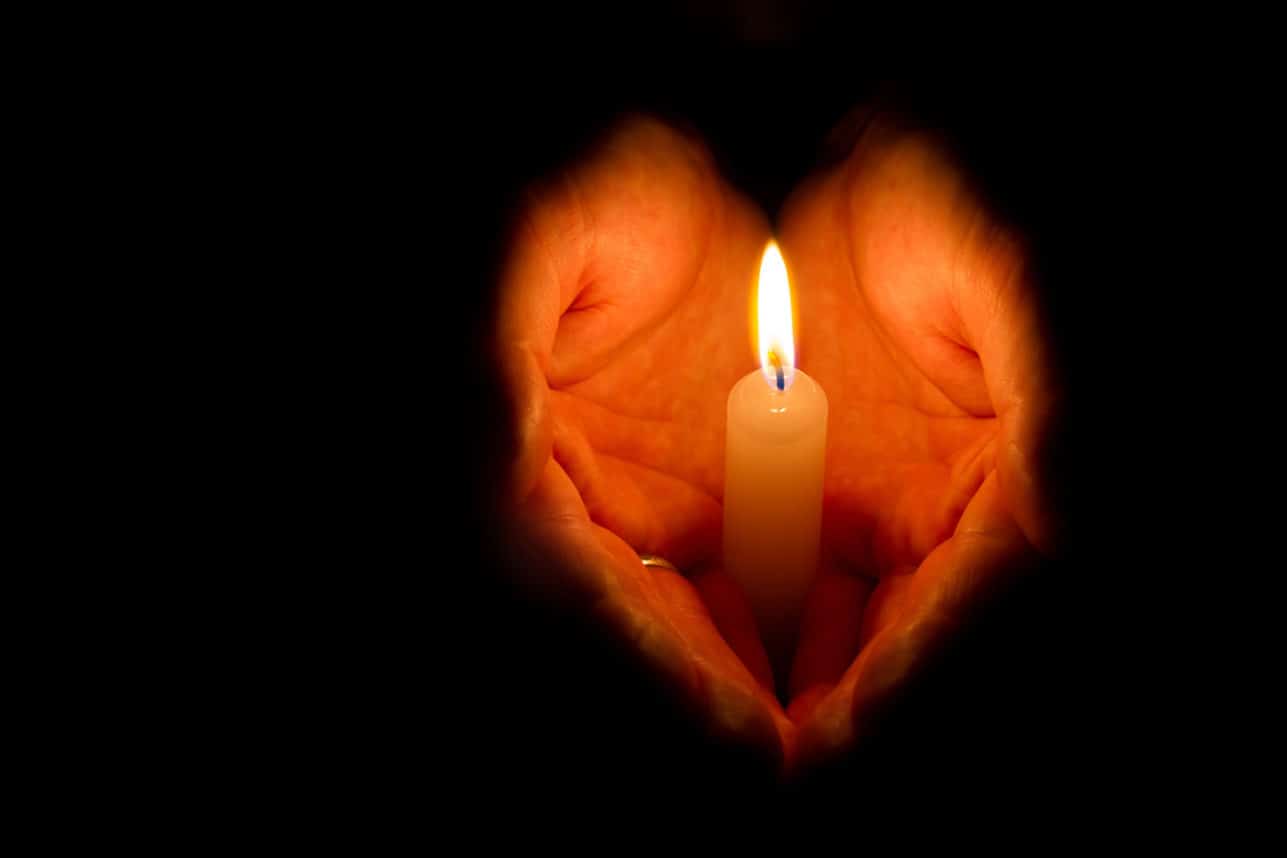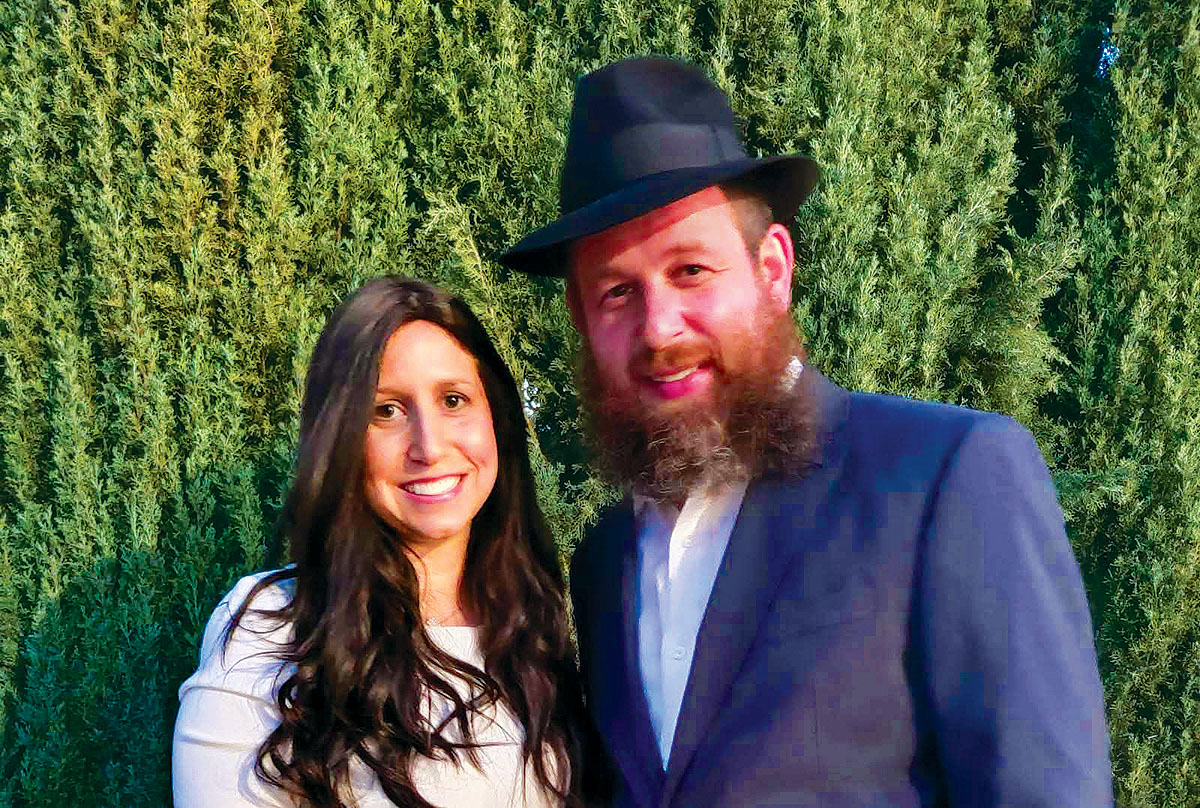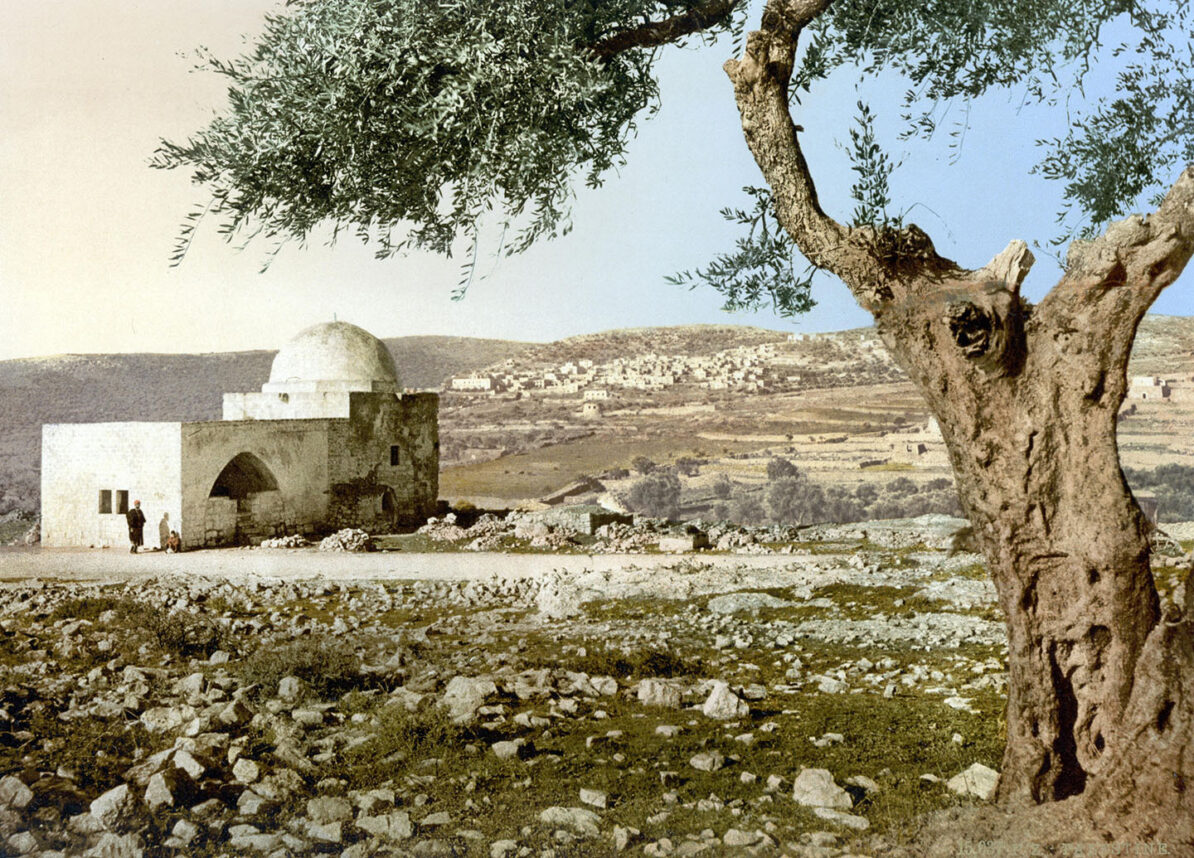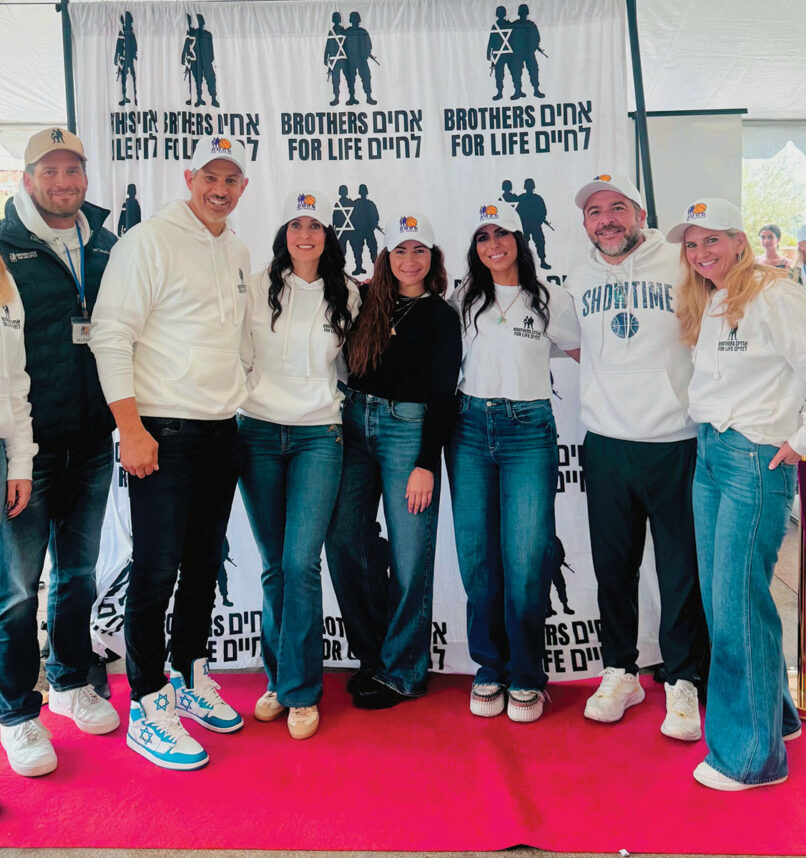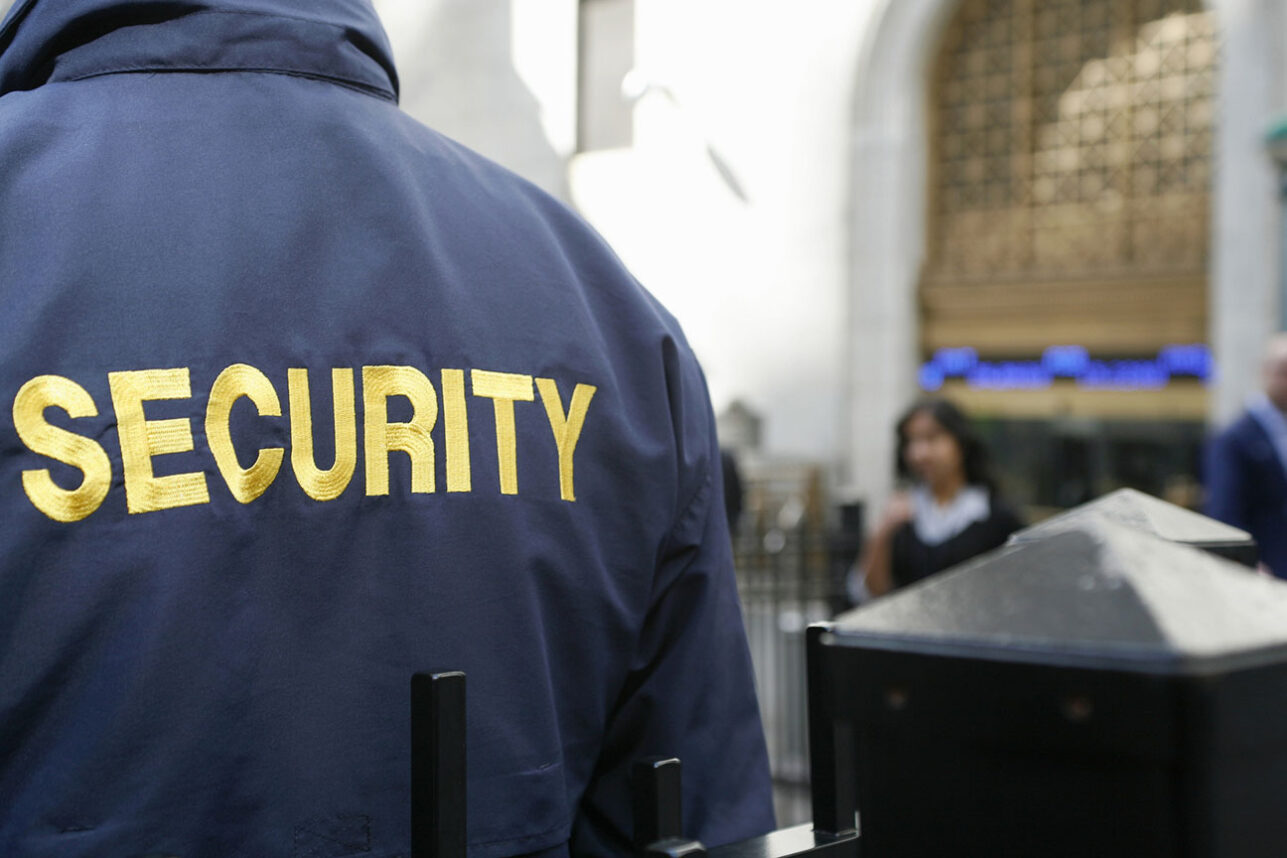Later this year, the Conservative movement’s Committee on
Jewish Law and Standards will most likely reconsider the subject of
homosexuality. As in the past, the extremes in these discussions are not
listening to each other, and there’s been no mention of an obvious problem with
the proposals to make halacha more gay-inclusive. (Perhaps the problem just
seems obvious to me because I move comfortably in both worlds, as a shomer
mitzvot Jew who once identified as gay but now accepts the authority of halacha
regarding human sexuality and has been “openly celibate” for more than a year.)
What’s striking about the present debate is the complete
mismatch between the problem and the proposed solutions. Those who advocate
changing the halacha on homosexuality reasonably insist that Jewish law
consider the sincere testimony of the people it affects. But then, they
advocate the most direct abrogation of one of God’s mitzvot in the movement’s
history by legislating their own folk prejudices about “what gay guys do” without
ever considering what we actually do. Anyone who thinks queer Jews are crying
out in agony that the Torah’s specific prohibition stymies our
self-actualization has not been listening to us.
The Levitical proscription of mishkav zachar (homosexual
relations) has always been understood to refer to a specific kind of male-male
sexual intercourse. And it is a myth that mishkav zachar is central to the
sexuality, dignity and happiness of nearly all contemporary gay men. None of us
use “gay” or “bisexual” to refer to any particular sex act. Those terms refer
to complex appreciations and multifaceted desires for male faces, bodies and
personalities, and for sharing romantic interactions, loving gestures and
sexual behaviors with other guys. Some gay men’s sexual, emotional and romantic
lives revolve around mishkav zachar, but not most. And those gays who do enjoy
that act typically also participate in acts that, while similar, do not violate
the Torah’s ban.
It is disrespectful and ignorant to equate the identities of
gay, lesbian and bisexual people with particular sexual mechanics. Mishkav
zachar is a part of only 19 percent to 44 percent of gay sexual encounters,
depending on the demographic group in question, according to sexdoc.com expert
Dr. William Fitzgerald, a gay-affirming psychotherapist.
And Gayhealth.com asserts emphatically that not all gay men
engage in mishkav zakhar, which it says “is steeped in all kinds of
psychological baggage and it is not right for everyone. Some of us just don’t
enjoy it and/or have no desire to do it.”
In fact, for most gays, strict monogamy is a much harder
demand than abstaining from mishkav zachar, but the advocates for change don’t
propose sanctioning gay promiscuity. If the law can legitimately dictate the
sexual schedules of straight couples and require that gay and bisexual men
overcome our oness (compulsion) for multiple sex partners, why the rush to
permit the very male-male sex act halacha tolerates least? Despite their warm
intentions, those advocating change ironically reinforce the stereotype that
gay men are sex fiends whose libidos cannot tolerate even modest strictures.
Rubbish. The adjustments gay and bisexual men have made in the age of AIDS
prove that we can indeed avoid certain practices.
The classic example of the oness concept (which undergirds
most theories proposing halachic laxity on homosexuality) is someone who says
she’s sick and needs to eat on Yom Kippur. She may eat, for “the heart knows
its own bitterness” (Talmud Yoma 83a). But, if during Ne’ilah services someone
says he needs to sit down, we don’t hand him a sandwich. Similarly, rabbis who
would listen carefully to what gays and lesbians are actually saying might hear
heart-wrenching pleas for things like respectful dignity, equal treatment of our
families, rabbinic ordination and same-sex weddings. But urgent entreaties to
revoke the Torah’s ban on mishkav zachar? Hardly.
Once we recognize that the Torah’s specific prohibition is
almost never an insurmountable burden for gay-identified men, the tiresome
debate over the Torah’s cultural understanding of homosexuality becomes moot,
and there’s no longer a case before the Law Committee to overturn the d’oreita
(biblical) ban on mishkav zachar.
Then, upholding the Levitical prohibition, it can still consider
the concerns of gay- and lesbian-identified Jews and their supporters. I do not
believe that a single halacha should change in this arena, but granting that
many Conservative Jews do, I’ve drafted a sample compromise, which which would
not work for Orthodoxy. Still, it demonstrates that a compassionate halachic
response to homosexuality can maintain the heterosexual ideal:
1. With Jews who are straight or bisexual, our tradition
insists that licit sexuality can only be found in married opposite-sex relationships.
2. With “questioning” Jews, we urge extensive introspection
and exploration of scientific, psychological and halachic perspectives on
homosexuality, guided by a rabbi and qualified therapist, before any assertion
of a sexual identity.
3. With gay-identified Jews certain they are not bisexual,
we first reaffirm that Jewish law forbids mishkav zachar. For all men and women
who feel they cannot succeed in an opposite-sex marriage, completely abstaining
from sexual and romantic encounters is a noble, honorable and valid choice.
Indeed, for uncoupled gay men and lesbians, celibacy is the only choice we can
sanction.
4. Rabbis may opt to promote monogamous same-sex couplehood
(but not mishkav zachar) by performing commitment ceremonies (but not marriages)
for gay men and lesbians (but not bisexuals) who want a lifelong bond with a
same-sex partner. For male couples, new rituals should be developed — perhaps
involving mikvah (ritual bath) and beit din (court) — to clarify that the
consecration of these loving relationships is no heter (permission) for
forbidden sex acts.
5. For celibate gay, lesbian and bisexual Jews, sexual
orientation will not be a barrier to rabbinic ordination or other leadership
roles. We oppose investigations and witch hunts on bedroom matters for both
gays and straights: If you’re not openly gay we won’t ask about your sexuality,
and if you are, stating you are celibate is sufficient. Each seminary,
synagogue and school can set its own policies about the ordination or employment
of coupled homosexual Jews who have had commitment ceremonies.
If we can fix a halachic problem with a chisel, we must
never use a sledgehammer. While the law committee may not ultimately share my
halachic conservatism on homosexuality, surely any changes must narrowly target
the actual conundrums before it. Sadly, the proposals to jettison Judaism’s
preference for heterosexual marriage instead seem aimed at satisfying various
political and personal agendas. It will be hard, but anyone who cares about Jewish
law must oppose the apparent alliance between gays who don’t understand halacha
and rabbis who don’t understand homosexuality, each ignoring the other’s deaf
spots as together they demand the only result they’d ever accept anyway.
David Bianco, a former
international president of United Synagogue Youth, writes the syndicated column
Over The Rainbow. He is the author of “Modern Jewish History for Everyone” (HFE,
1997), and can be reached at DaveBianco@aol.com
This column was
first printed in The Jerusalem Post.








